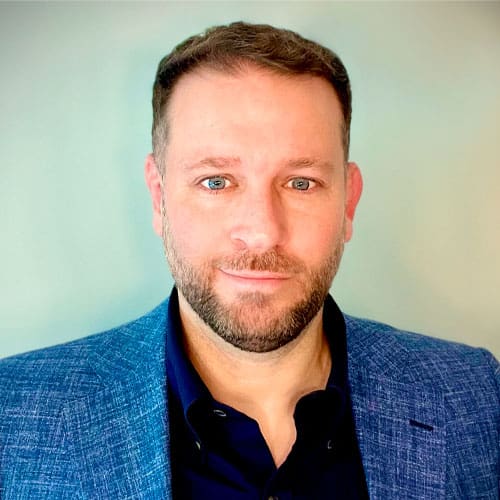Targeted Killing of U.S. Citizens and the Federal Protective Power
 My essay The Federal Protective Power and Targeted Killing of U.S. Citizens is now available at CATO-Unbound.org. The essay is a response to Ryan Alford’s interesting historical piece entitled Sentence First, Verdict Afterwards a shorter version of his lengthier law review article The Rule of Law at the Crossroads: Consequences of Targeted Killing of Citizens. His claim, roughly summarized, is that the history of the founding and the Constitution’s “forgotten clauses” amount to a due process guarantee which prohibits the president from targeting U.S. citizens who take up arms against the United States. In Alford’s view, any citizen who joins the fight with the nation’s enemies cannot be killed; rather he must be convicted by an Article III court on the testimony of two witnesses to his overt act of treason. In my response I argue that Alford’s arguments against targeted killing are thorough, yet unconvincing.
My essay The Federal Protective Power and Targeted Killing of U.S. Citizens is now available at CATO-Unbound.org. The essay is a response to Ryan Alford’s interesting historical piece entitled Sentence First, Verdict Afterwards a shorter version of his lengthier law review article The Rule of Law at the Crossroads: Consequences of Targeted Killing of Citizens. His claim, roughly summarized, is that the history of the founding and the Constitution’s “forgotten clauses” amount to a due process guarantee which prohibits the president from targeting U.S. citizens who take up arms against the United States. In Alford’s view, any citizen who joins the fight with the nation’s enemies cannot be killed; rather he must be convicted by an Article III court on the testimony of two witnesses to his overt act of treason. In my response I argue that Alford’s arguments against targeted killing are thorough, yet unconvincing.
Here are some excerpts:
Under [Alford’s] view of the Constitution, al-Awlaki could be standing on the White House steps with an RPG, and under Alford’s reasoning his killing would be prohibited (absent the due process protections Alford believes are compelled by the Attainder and Treason Clauses). Surely the Constitution does not require this level of deference to citizenship and such stringent limitations on federal action. Either there are some circumstances under which the President may order a U.S. citizen killed—in which case much of Alford’s historical argument is incorrect—or al-Awlaki with an RPG cannot be killed, and U.S. presidents have been behaving unconstitutionally for centuries. My reading of the Constitution leads me to believe that there are circumstances when the president may order U.S. citizens to be killed. It may be akin to the facts in al-Awlaki, where one is actively making war against the United States, or it may be in lesser circumstances that threaten the instruments of federal power. * * * * Alford cites many historical sources for the idea that the Founders believed citizens should not be arbitrarily deprived of their lives without due process. That notion though, must also recognize that the Founders felt that a key role of government was to ensure that citizens were equally protected from external harms. Security of one’s person and property was a principle emanating from the doctrines of Hobbes and Locke, both of whom influenced the judgment of the Founders. Furthermore, as the Court noted in Neagle, the protective power is an “obligation, inferable from the Constitution, of the government to protect the rights of an American citizen against foreign aggression.” As we know from the al-Awlaki case, that foreign aggression may come in the form of an American citizen directing attacks against the entirety of the United States. When such attacks occur, it falls on the president to embody the “great object and duty of Government [which] is the protection of the lives, liberty, and property of the people composing it, whether abroad or at home; and any Government failing in the accomplishment of the object, or the performance of the duty, is not worth preserving.” Durand v. Hollins, 8 Fed. Cas. 111 (No. 4186)(C.C.S.D.N.Y. 1860).
My response essay was preceded by a response essay written by John Dehn and will be followed by a response essay written by Carlton Larson. The full colloquy can be found here.

Gregory S. McNeal
Along with being a successful entrepreneur, I am a tenured Professor of Law and Public Policy at Pepperdine University. I teach courses related to technology, law, and policy, and serve as a faculty member with the Palmer Center for Entrepreneurship.
Disclosure
Material Connection: Some of the links in posts on this site are “affiliate links.” This means if you click on the link and purchase the item, my company will receive an affiliate commission. This disclosure is required by the Federal Trade Commission’s 16 CFR, Part 255: “Guides Concerning the Use of Endorsements and Testimonials in Advertising.”
Archive, Media Appearances
Pennsylvania Inside Out: War on Terrorism: Greg McNeal